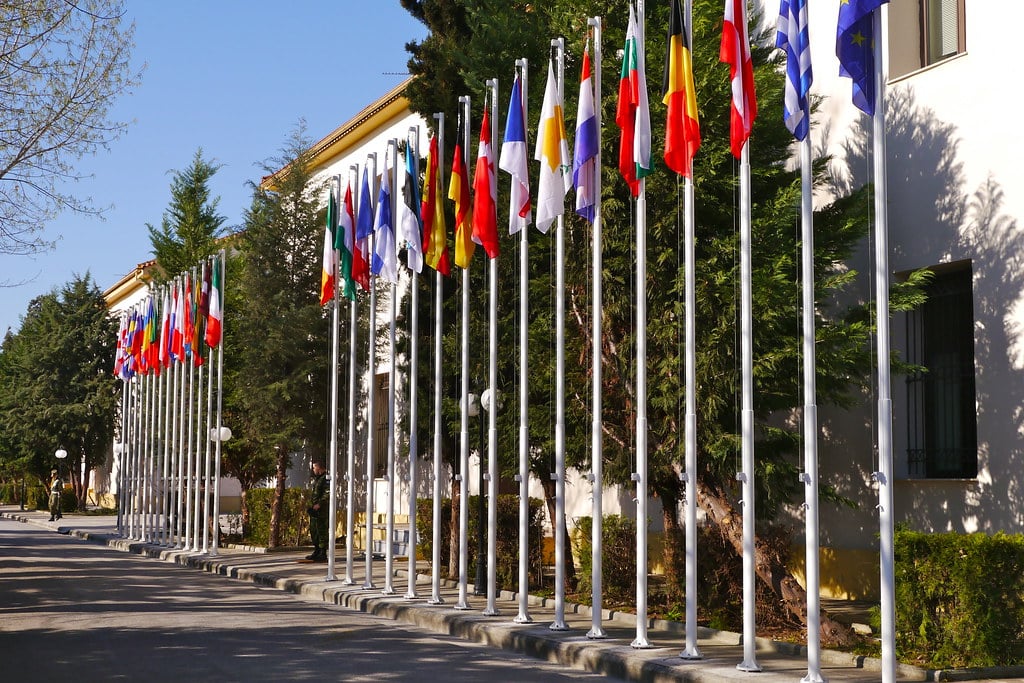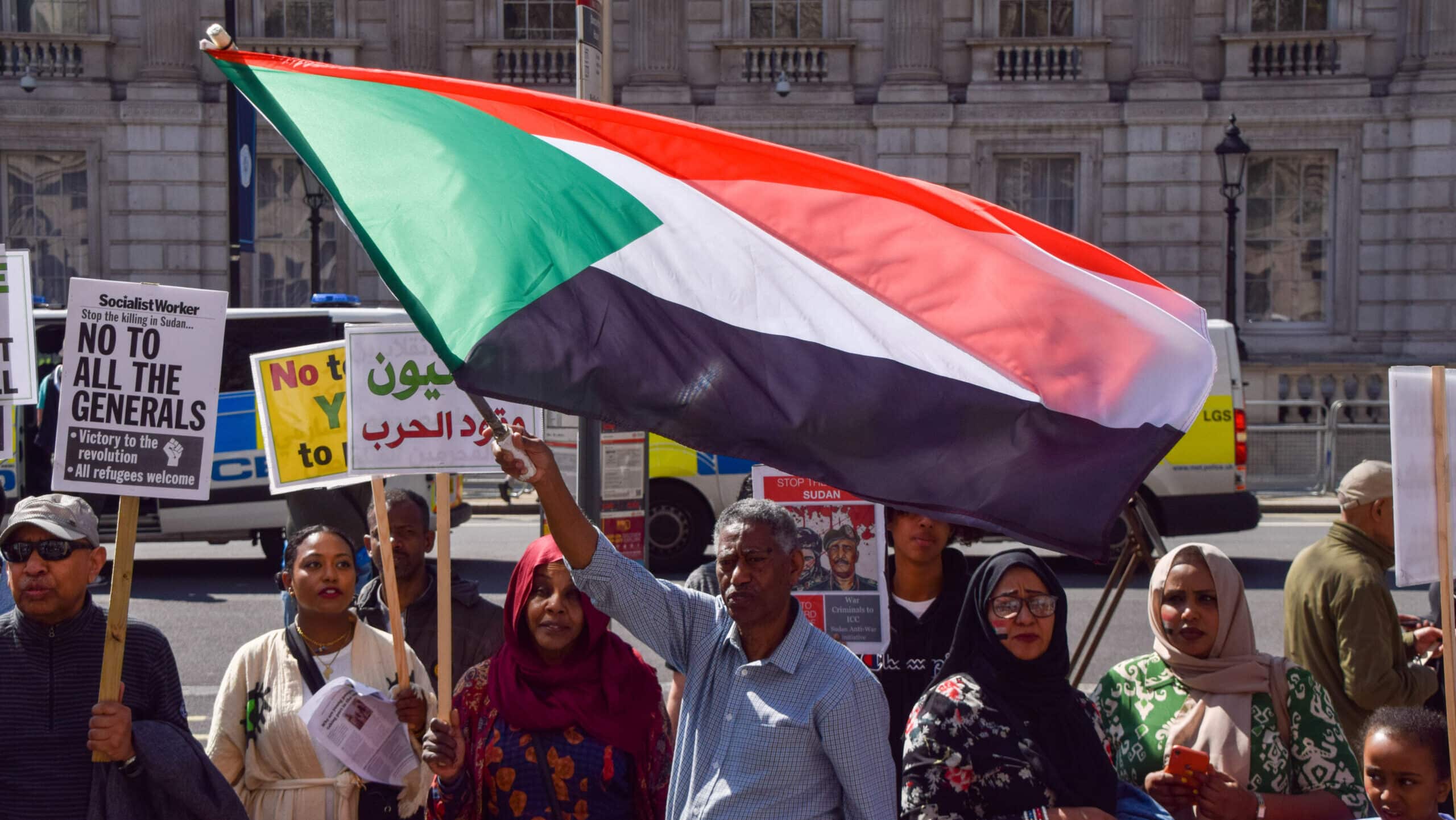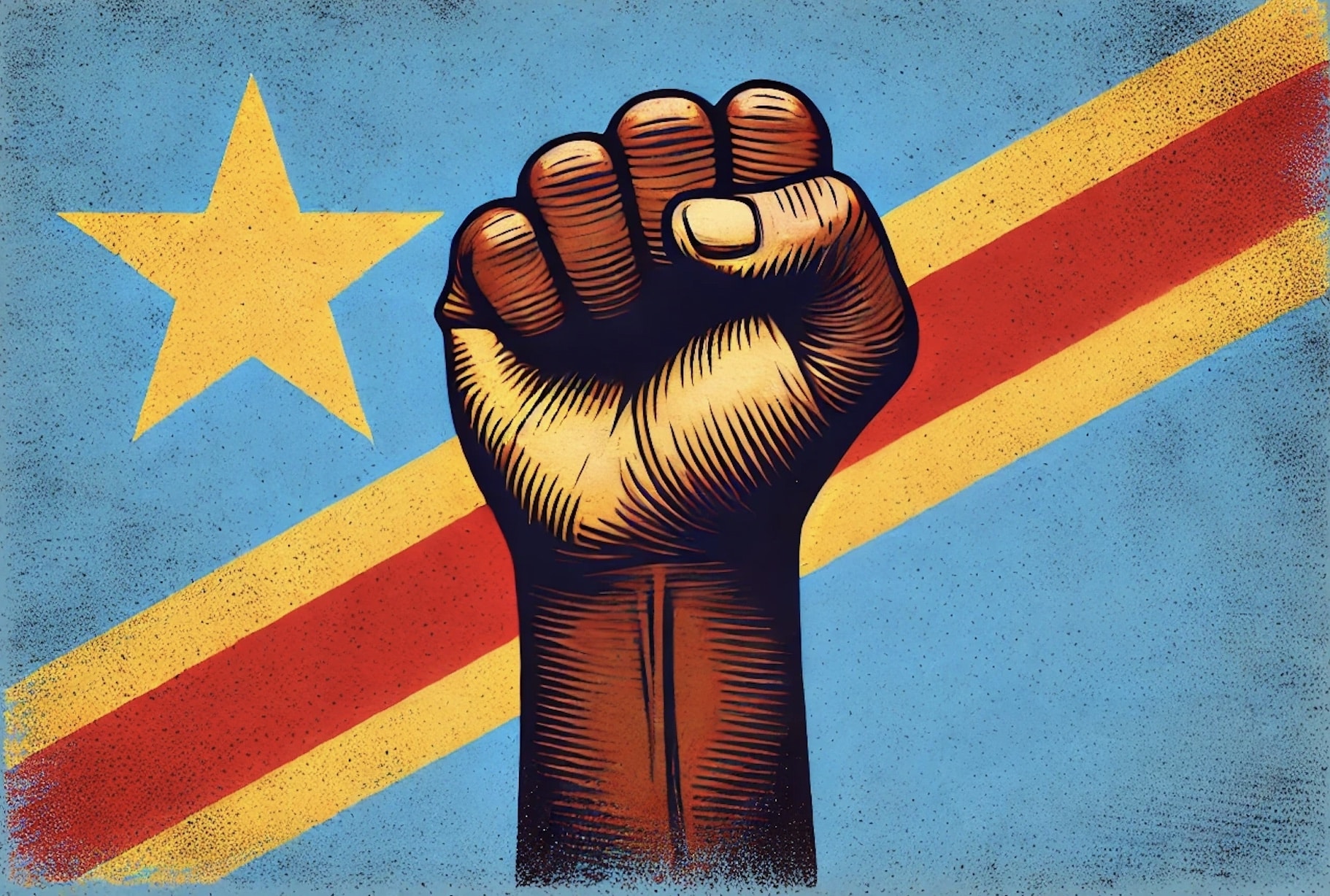Photo: Election winner Boyko Borissov (GERB) in 2017 (Flickr)
When the fourth elections in 18 months took place in Bulgaria on 2 October, confidence in a political turnaround in the country was already very low. The progressive Petkov government was voted out and notorious former GERB party prime minister Boyko Borissov made his re-entry as the largest party in the country. Now, more than two months after the elections, Borissov's comeback is cynically going according to plan - coalition negotiations are breaking down, and new elections in the spring are likely. Borissov has also now indicated he no longer wants to be prime minister.
Who is Borissov?
Boyko Borissov has been prime minister three times before: between 2009 and 2013, 2014 and 2017, and 2017 and 2021. On 10 November, in a rare TV interview, he said he "can govern better than anyone" but will not run for prime minister again. It exemplifies the political stalemate Bulgaria finds itself in. Borissov's GERB has for years been accused of corruption, nepotism and facilitating democratic decline. However, GERB is pro-EU and pro-NATO, carefully weighing the interests and benefits that come along with these international organisations.
On the other side are far-right parties such as "Revival". They doubled in size in the last elections after their campaign strategy changed . The campaign changed anti-covid-19 vaccinations to an unashamedly pro-Kremlin stance. That sounds familiar.
However, fairly unexpectedly, Borissov has not entered into an alliance with the far-right, reaching out to the (centre-)left parties that worked together under former prime minister Petkov. These parties carefully tried to engage in major constitutional and economic reforms to turn Bulgaria away from Borissov's clientelistic politics. The Russian invasion of Ukraine came at the wrong time and the additional skyrocketing inflation created new political instability and political distrust. Under a very low turnout, Borissov managed to engineer his comeback. Last October's elections were therefore seen more as a victory of the corrupt status quo, rather than a victory of Russian influence.
The parties of the (centre-)left alliance "We Continue the Change" are, for now, rejecting all of Borissov's handshakes - hence this new stalemate. President Radev is now expected to give the initiative to former prime minister Petkov to forge a coalition. This will be very difficult as his alliance lost many seats in parliament.
Bulgaria's entry into the Eurozone
Meanwhile, pro-European parties in Bulgaria are diligently looking for ways to keep the country on track to join the monetary Eurozone in 2024. The issue is very sensitive because of the country's major socio-economic problems. A survey by Eurobarometer already showed last June that 54% of Bulgarians are against introducing the euro - 44% are in favour. Many fear that introduction of the euro will further boost price inflation in the country. The country's largest parties therefore avoid the unpopular topic as much as possible around elections, while far-right parties such as Revival fulminate in their campaign that replacing the Bulgarian lev for the euro will "devastate the economy."
With the prospect of possibly already new elections, little room is left for policymakers and politicians to put Bulgaria on the right track for Eurozone accession in 2024. National Central Bank boss Dimitar Radev warned back in October that Bulgaria will fail to meet key technical deadlines if the country continues on its current political course.
Bulgaria's importance to the EU
Bulgaria's vicious election cycle in recent years is a source of instability for the wider region. As a NATO and EU member, the country is an important part of Europe's strategy towards Russia. Unity is needed around sanctions and energy policies, and relatively poorer Bulgaria is hit hard by this. The country has always been highly dependent on lucrative gas contracts with Russia - a key agenda item for the far-right to reestablish these ties.
Meanwhile, a stable Bulgaria is also very important for the EU accession of northern Macedonia and Albania. The latter countries are linked in their accession process and Bulgaria has been blocking North Macedonia's accession on various cultural and socio-economic issues for years. This has led to growing suspicion in the Western Balkans about whether EU accession is possible at all. North Macedonia has been a candidate country since 2005 and has already completed much of the accession process. It of great importance for a stable Bulgarian government to take the next steps in negotiations with Skopje - as initiated under pre-mature Prime Minister Petkov, but again delayed with his recent impeachment.
Above all, besides high price inflation, Bulgaria is also at risk of 'electoral inflation'. The lack of political decisiveness and major political differences have caused many elections in recent years. Whereas these are normally moments when a population can get rid of bad rulers, this now merely leads to more apathy. Increasingly, people in Bulgaria get the feeling that elections will not lead to concrete change anyway. Subsequent low electoral turnouts play into the hands of demagogues and anti-democratic and corrupt forces seeking to undermine the rule of law in all sorts of ways. It is therefore very important that the EU continues to support Bulgaria within its means regarding the process of joining the Eurozone and stabilising the economy and price inflation. In this way, trust in both international, and national institutions can be improved and the vicious, downward cycle of elections may be broken.





